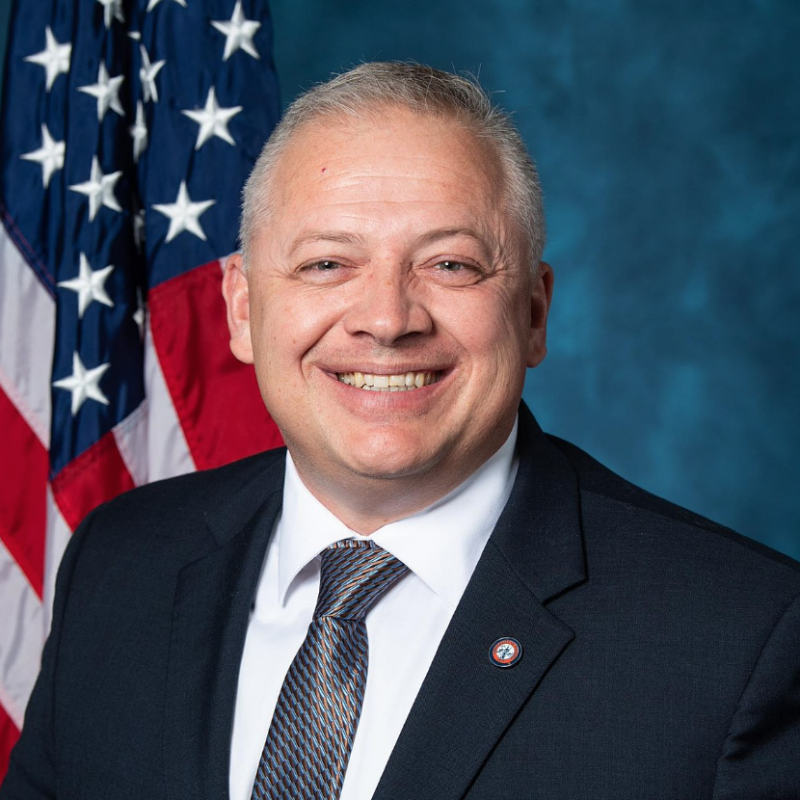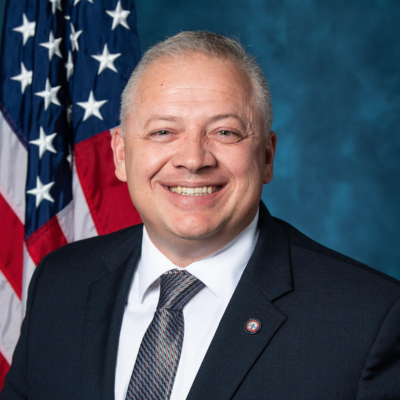Dedicated UVA football fans experienced a moment of deja vu this January when they looked down the list of incoming recruits on national signing day and saw the name Ras-I Dowling. Dowling was also on the list in 2006, but he didn’t make the grade for UVA. So he opted to “prep,” spend a post-grad year at Hargrave Military Academy to improve his SAT score and become eligible.
 Like many college coaches across the country, UVA football Head Coach Al Groh will have to do without recruits who have to prep a year to boost grades and test scores. |
That’s no longer allowed under a new NCAA rule regarding academic eligibility, which could have a large impact on major college athletics, including UVA. In a move to lessen the influence of post-high school prep schools, the NCAA will limit incoming freshmen to only one additional core course after he or she graduates high school. The new rule, which also ups the required core courses to 16 from 14, will make it harder for athletes to become academically eligible after graduation and could have a major effect on UVA football.
Of the 24 incoming football recruits, one spent a year at Fork Union Military Academy and two at Hargrave, both Virginia prep schools that regularly funnel players to major college football programs. It will now be much more difficult to prep for improved scores and impossible to take more than one core class in a post-secondary year.
Fork Union’s post-graduate football Coach John Shuman says that while the rule won’t have a major effect on his school, it will have a significant impact on UVA’s football program. “The biggest thing is the loss of a year,” Shuman says about the post-graduate year some players spend at prep schools to either boost test scores or GPAs.
The rule change comes on the heels of reports by The New York Times and The Washington Post that exposed less-than-rigorous schools, essentially operated as one-stop diploma mills for blue-chip athletes without the grades to play in the NCAA. Shuman acknowledged there are schools with little to no academic mission simply shuttling kids on to college programs. “Basement prep schools,” he says, “are giving us a bad name.”
But Shuman takes issue with the way the NCAA handled its prep school problems. “We’re letting the NCAA do this without a reaction from us,” he says. “That’s sad.” He says legit prep schools should sit down with the NCAA. “I don’t think they understand what we do.”
Without a year to prep, getting into UVA now becomes harder for athletes with borderline grades. They still have the option to attend junior colleges, though students must earn a two-year degree before they’re NCAA eligible. UVA, however, rarely if ever takes football players from junior colleges, according to Shuman.
Al Groh, head coach of UVA’s football team, was unavailable for comment.
C-VILLE welcomes news tips from readers. Send them to news@c-ville.com.





